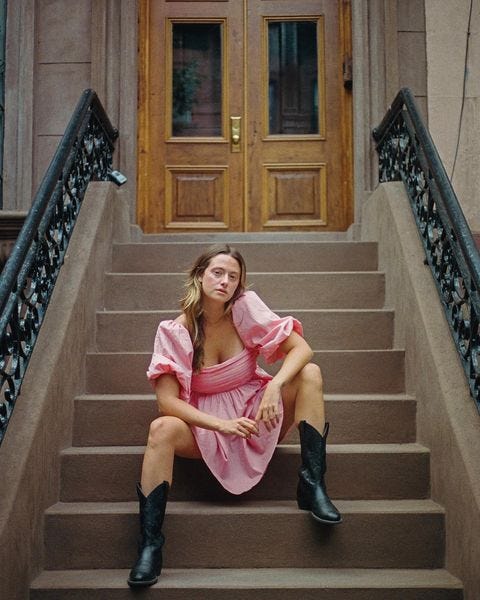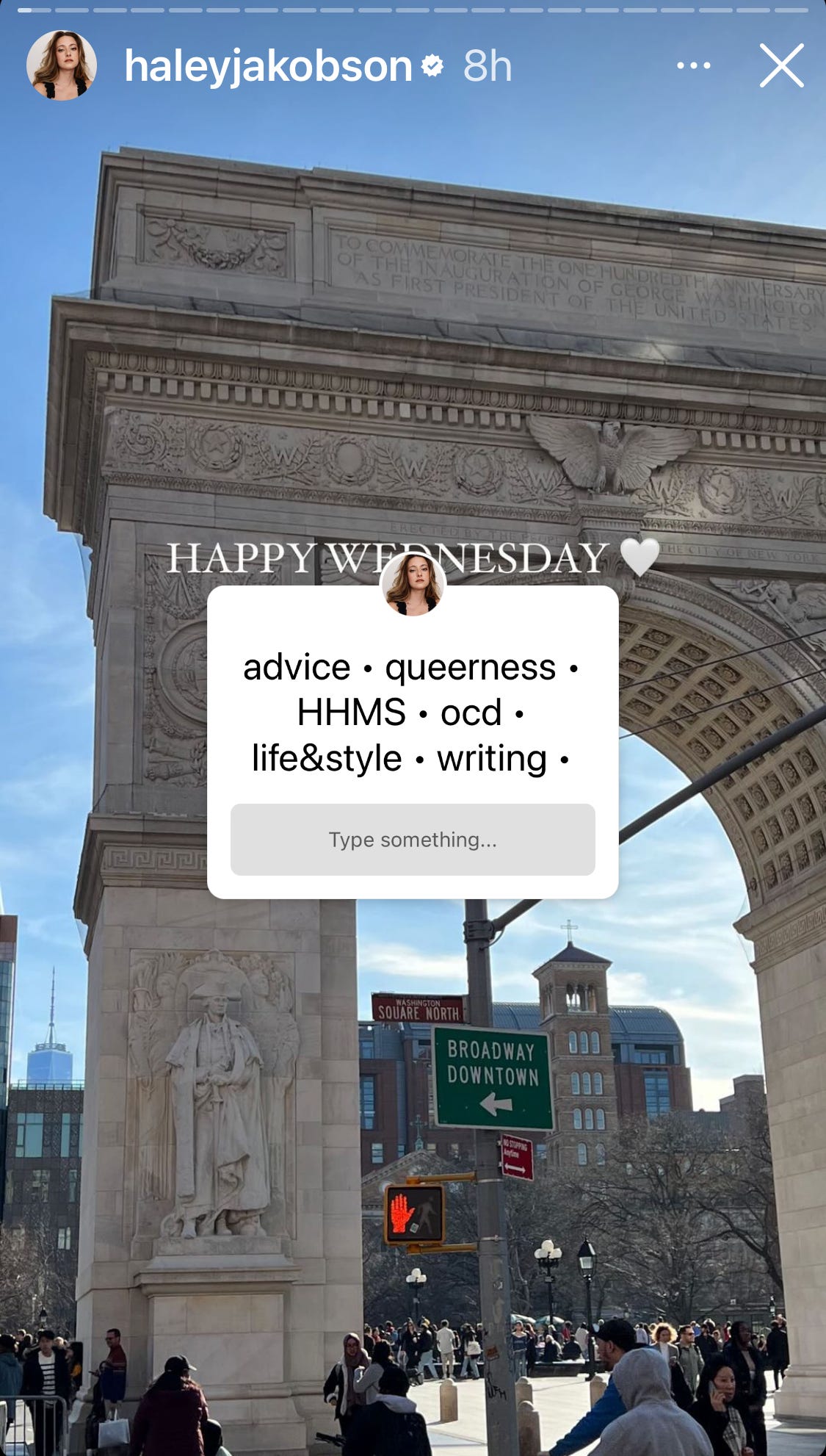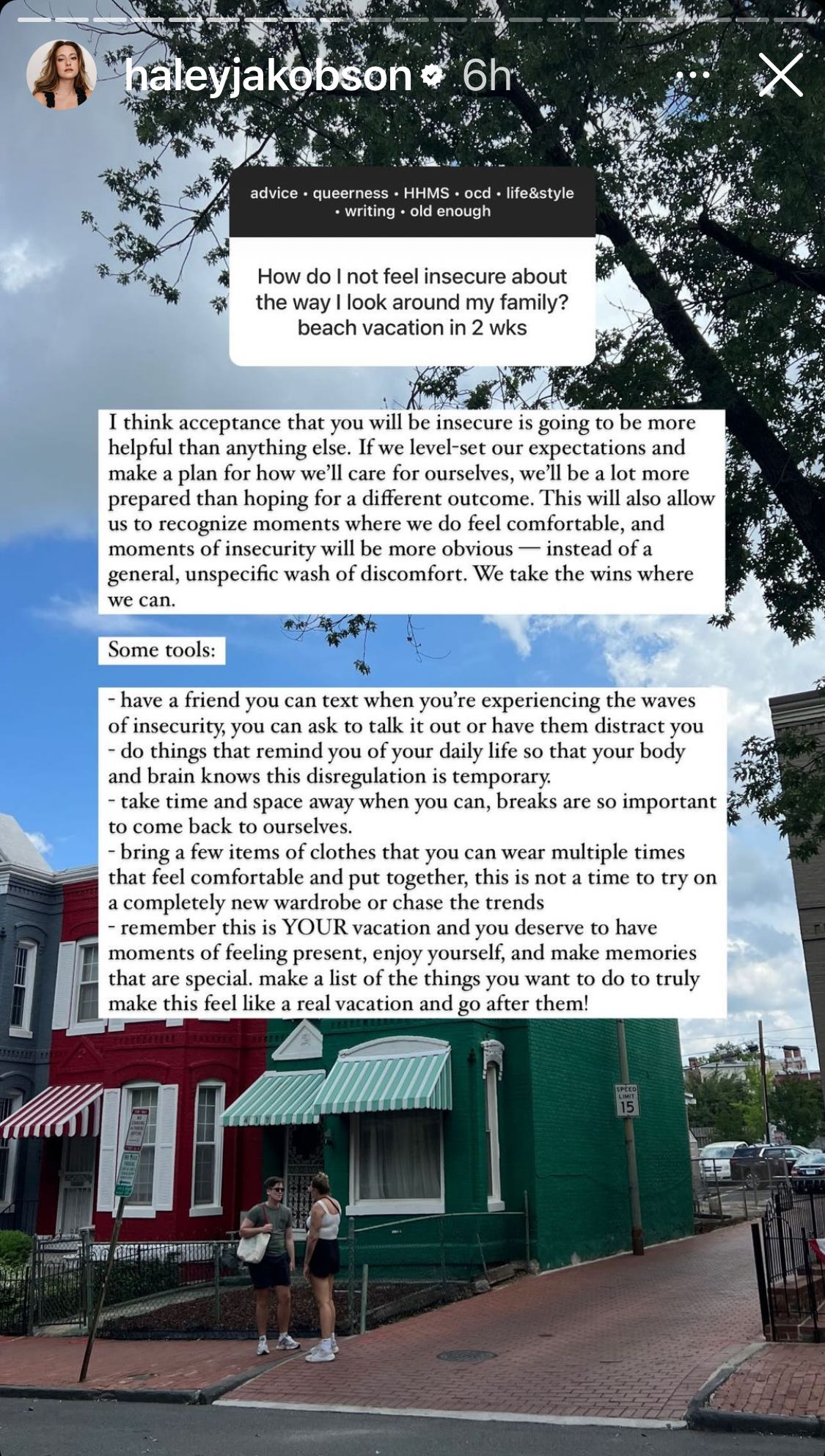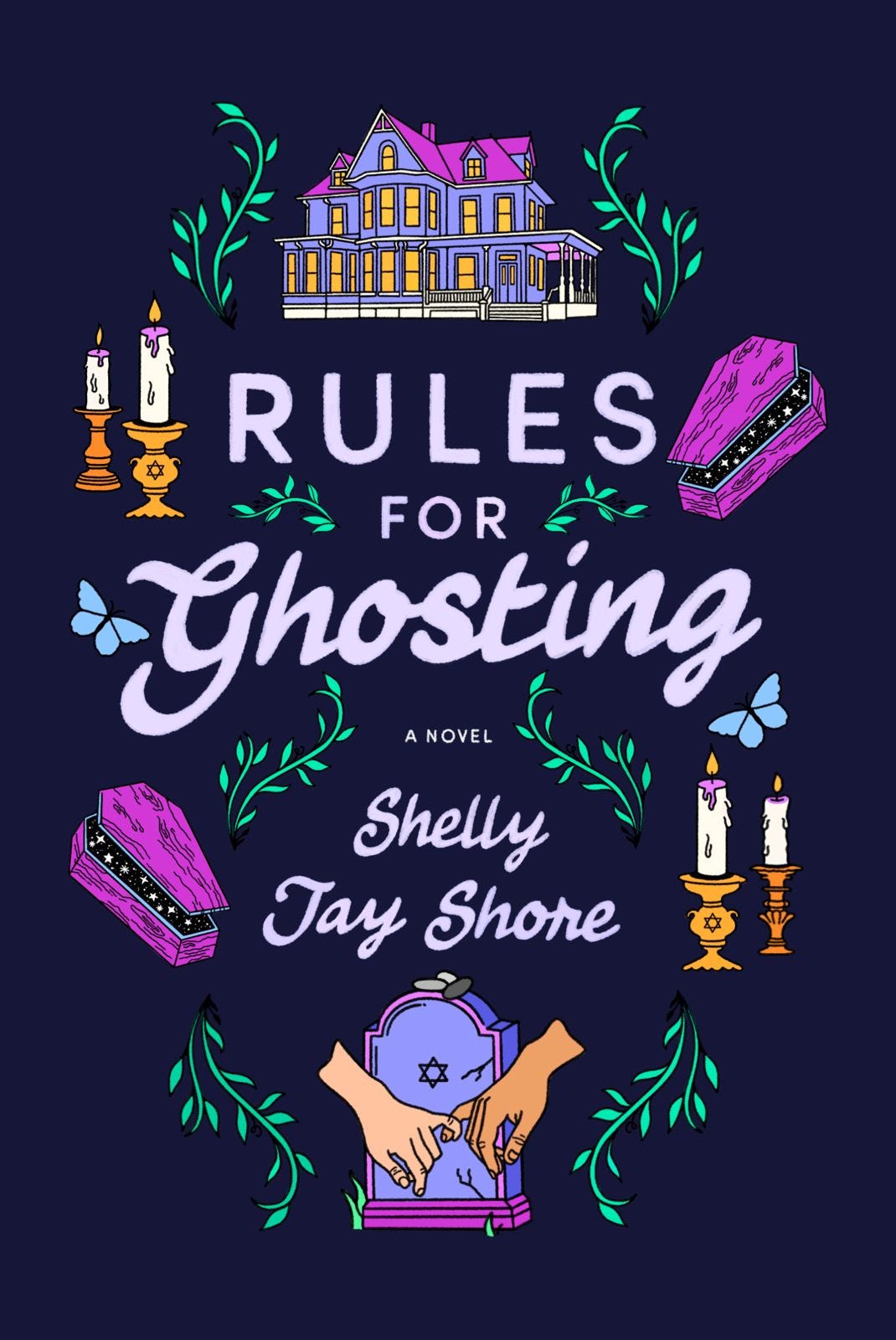Did you grow up playing make-believe?
I know I did. My media of choice as a kid was fantasy novels and magical girl anime — I loved Dealing with Dragons and Card Captor Sakura and Sailor Moon, and I spent my free time inventing rich, plot-heavy games of pretend. (Did learning that LARP-ing was a thing blow my mind as an older teenager? Sure did!) I pulled in elements from all my favorite fantasies, designing my own magical worlds in a sort of live-action self-insert fanfic. No two games were ever the same, but there was always one consistent thread: I had some kind of magic, some kind of power, to change the world.
Growing up, I was always a little disgruntled that my “chosen one” magical powers never manifested. Where was my discovery of a magical object that would unlock a transformation or a world-changing destiny? Where was the Important Birthday sit-down with my parents that informed me of my magical heritage? Where was the run-in with a mystical stranger who would change my life by pulling me into their world of fantastical adventures?
I regret to report that I still haven’t found a book of magical cards or learned about my secret identity as heir to the Moon Kingdom. But as I’ve gotten older, I’ve started to understand a new type of magic — the kind we make for ourselves.
Creativity is the way we put magic into the world, and it’s the way we transform it. It’s not just the actual work we create — the writing, the art, the music, the offerings — but it’s the way we channel the skills that make our creative works possible. It’s the musicians who teach us how to sing, the visual artists who show us how to understand color and the power of visual messaging, the writers who teach us to use words in a way that makes a difference.
For this month’s Creativity Q&A, I talked to a writer who embodies that last form of creativity. Haley Jakobson is a writer, playwright, and teacher who’s discovered not just the power of words, but a way to use them confidently — and to show others how to do the same. We chatted about communication, taking lessons from therapy and paying them forward, and the revolutionary potential of language.
creativity q&a with haley jakobson: on putting your superpower to work
Tell me a bit about your relationship to creativity and creating. How did you get started? What has that journey been like?
I’m really lucky to have grown up in a family that prioritizes creativity, especially writing. We have literal sign-up sheets to read hand-written poems at birthday parties and holidays. I grew up thinking that every family did that! My parents always made sure I had a notebook or drawing pad in hand, my Dad and I improvised all my bedtime stories every night, and my mom and I wrote letters to each other just because.
I started writing creative non-fiction in college, when I took a class called Autobiography. I was getting my BFA in acting, and the class had us write plays based on our own life. It was revelatory for me — I had never journaled or kept a diary, all my writing had mostly been fiction or dreamy poetry that didn’t dig too deep. All of a sudden I found myself writing about my life in a more serious, nuanced way and I was hooked. It was a really profound experience for me and I never looked back. I started posting my writing on Instagram my senior year of college, and never went on a single audition after I graduated.
How do your values and the causes or communities you care about show up in your creative work, and impact the way you choose to share it?
My career as a writer is deeply integrated with my values and social and political activism. Having a large social media platform and readership is a responsibility I take very seriously. I have a lot of privilege within many of my identities and it’s so important that I utilize my resources as best I can — whether that be distributing funds, providing education, or using my platform to elevate a community member’s voice.
In my writing I am particularly interested in advocating for, and representing, queer community — especially bisexual folks and gender expansive humans. As a sexual assault survivor, my writing reflects my experience of healing, and my first novel was dedicated to investigating the difference between justice and healing for SA survivors. I’m also a neurodivergent person who has Pure OCD, which is a disorder widely misrepresented and misunderstood in our society. OCD is the seventh most debilitating disorder in the world, and so many people are suffering in silence. I use my platform to raise awareness and provide resources to those who are struggling with Obsessive Compulsive Disorder.
Can you talk a bit about a time when you felt like you were really able to leverage your platform to make a difference?
I try my best to use my platform to uplift marginalized voices and share resources but I think that the most direct difference I make is through advocacy around my own identities, particularly mental illness. I have been very open about my journey with depression and OCD over the past ten years, and have received countless messages from folks who finally got the help they needed to treat their neurodivergence. OCD is particularly misunderstood and misrepresented, especially for those suffering from “taboo” themes, so talking openly about the disorder and shifting the societal narrative around it has been really impactful and gained me a much larger following of folks battling the disorder, too.
Tell me a bit about "Haley Help Me Say"!
Haley Help Me Say combines two of my favorite things — giving unsolicited advice and crafting specific, direct templates folks can use to say the hard things. For me words are like a puzzle, and putting them together so they fit just right scratches a perpetual itch. The idea was born out of an offering Molly-Margaret Johnson (a queer influencer who no longer uses Instagram) used to do on her stories. She would help people draft texts to potential lovers or existing hookups/partners, and it was so fun to follow along. HHMS is an ode to Molly-Margaret, but is less dating centered and more about having difficult or sensitive conversations with the people in our orbit.
HHMS has been such a successful offering, and I'm always thrilled with the response. My DMs are flooded every week with folks saying they screenshot the templates, most often ones they didn’t even write in to ask for, and people report back to me that they have actually used them! It’s so awesome. I see communication as my superpower, and it feels so important to share that with other people who need a little help fine-tuning their words. This skill also comes from ten years of therapy where I’ve developed the tools to set boundaries clearly and firmly and have the tough convos. I’m by no means perfect at entering conflict, it still makes me queasy, but I know how important communication (however sticky and uncomfortable it may be) is when it comes to relationships that matter.
I love the idea of communication as a superpower. How do you see the role of communication in creating change?
Language is everything — and language is a privilege. Being able to effectively, directly, and kindly communicate what you are thinking and feeling into words is revolutionary. Emphasis on the kindly bit. People have so many feelings rattling around inside of them that they don’t know how to voice, and they have so many questions that they are afraid to ask. I am that person who will sit with a Boomer and talk through their confusion around queerness, mental illness, politics, etc. That is labor I am more than willing to take on and I'm really good at it because I have an arsenal of words in my back pocket. That is because I have had the privilege of time and access to absorb language through reading and learning and traveling and an exorbitant amount of therapy.
My relationship and proclivity with/for language is not only a superpower, but a resource I feel the duty to share and teach. Being patient, intentional, and creative with how we talk to each other is so stupidly effective at creating change.
What's next for you when it comes to doing creative work to make a difference?
Writing the unwell-girl book, baby! In the messy, beginning stages of drafting my second novel which follows a nanny struggling with spirituality OCD. I’m trying to investigate how and why we choose to get better. I hope this book resonates with anyone whose brain has really flailed around, and of course I'm also hopeful that I'll reach many people who have Pure OCD — whether they know it or not.
Haley Jakobson (she/her)is a writer and playwright living in Brooklyn, NY. In her work she explores queerness, girlhood, brains, and bodies. Her debut novel OLD ENOUGH was named a New York Times Editor’s Choice and described by Vogue as being “full of winsome bisexual chaos.” Follow her on Instagram @haleyjakobson.
updates from shelly
#ICYMI, my book officially has a cover!
This stunning piece of gorgeousness was created by the amazing Amy Perez, and I am already planning to get one of those little caskets tattooed. We’re now less than six months out from publication (EEK) and I’m so excited to share more with you as we get closer and closer to August 20! Have you preordered your copy yet? 👀
resources, links, and further reading
spotlight on: the power of language
read:
“‘a thousand eulogies are exported to the comma.’ of syntax and genocide” (nicki kattoura for literary hub)
“language, loneliness, and AI” (
at )
listen: “word magic” on the lingthusiasm podcast (and i highly recommend subscribing to
!)donate: Palestine Children’s Relief Fund (haley’s pick!)










I have personally benefitted so much from Haley's "HHMS" series - absolutely in awe of her ability to find compassionate language for tricky situations. Thank you for this great interview!